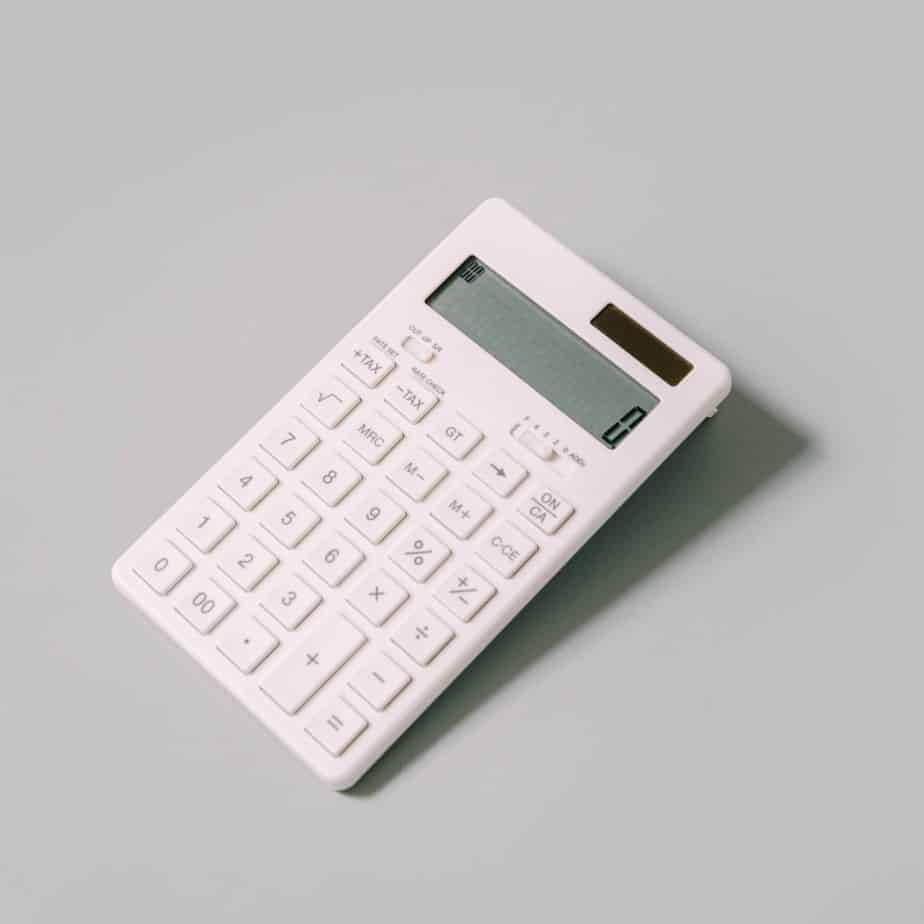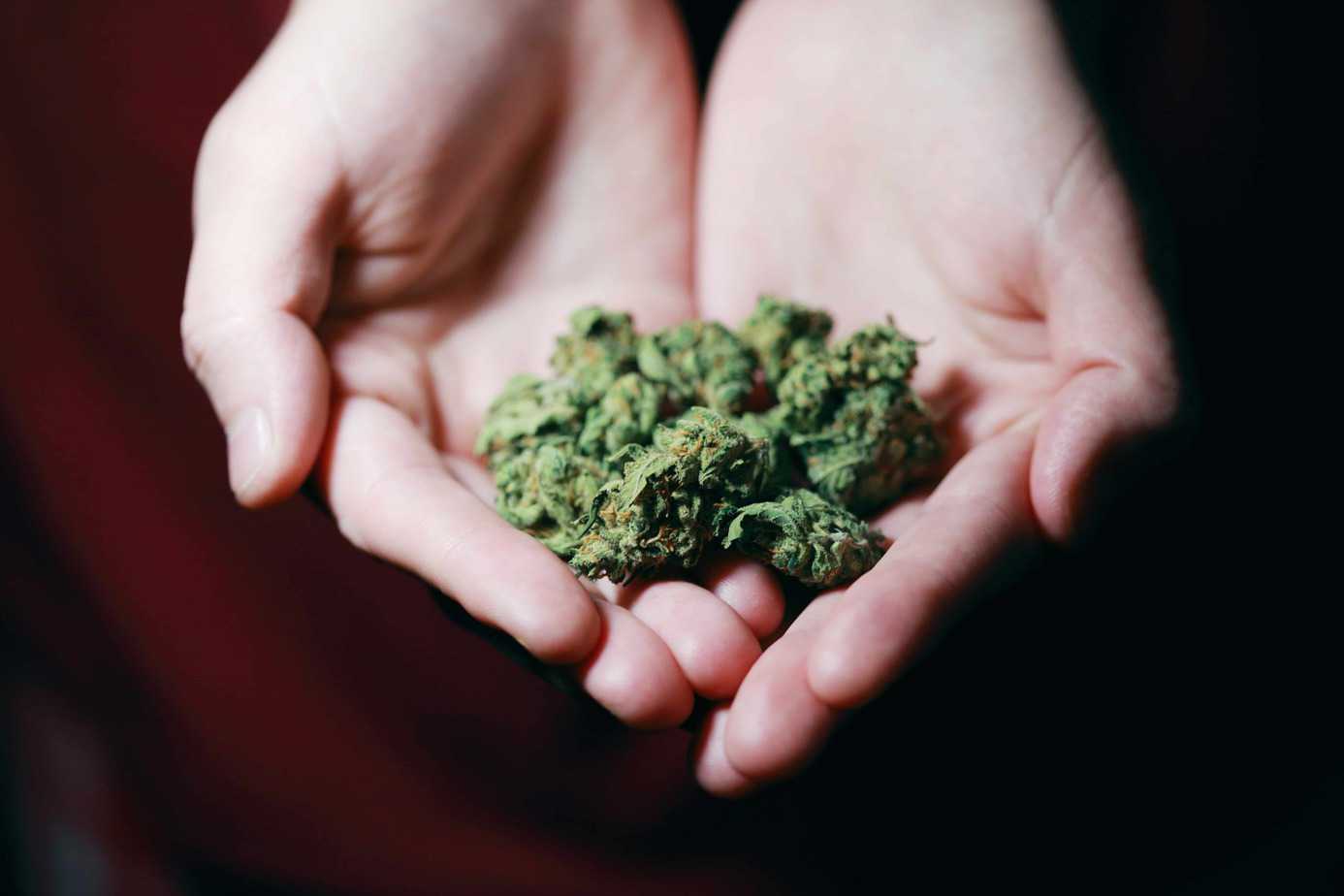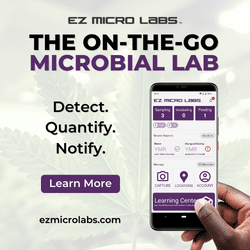Florida’s cannabis market only earns revenue from medical cannabis products. Although the state’s marijuana-driven revenue is limited, Florida remains open to further market growth if it decides to increase the local marijuana business to improve the substance’s availability and accessibility.
Cannabis Market Facts
Since 2020, Florida has been generating around $30 million in marijuana revenue per week. At the time, there were 301 licensed dispensaries legally distributing medical marijuana products to over 450,000 qualified patients.
Florida’s cannabis revenue only comes from medical marijuana products. The state is one of the pioneering states in the south with a fully realized medical cannabis program. Florida also has the second-fastest-growing medical marijuana program in the country.
Groups continue to push for a comprehensive recreational marijuana plan in Florida. In the meantime, only qualified patients can purchase medical cannabis products.
Currently, there are 561,777 qualified patients in Florida. As this number grows, the state will require more licensed dispensaries to distribute medical marijuana products. So far, edibles and smokable cannabis products are available for purchase. These products have only recently gotten the green light for distribution within the state.
Cannabis Tax
Currently, only medical marijuana is allowed for distribution in Florida. Although the state does not impose excise taxes on medical marijuana sales, purchases are subject to the 6% statewide retail sales tax rate.
Qualified patients can purchase medical marijuana products from a licensed dispensary in the state. There currently are 340 licensed medical marijuana treatment centers (MMTC) in Florida. You can locate one near you through Florida’s Department of Health Office of Medical Marijuana Use (OMMU) listing of MMTCs.

Cannabis Market Legality
Here is a timeline of cannabis legality in Florida:
| Year | Turning Point |
| 2014 | Florida had limited medical cannabis availability and usage. |
| 2016 | November 8: Florida voters approved medical cannabis for terminally ill patients, per amendment.Unknown Date: Florida allowed CBD dispensaries to sell full-strength THC products to terminally ill patients. |
| 2017 | January: Florida voters passed Amendment 2, allowing anyone with a qualifying medical cannabis condition to purchase full-strength THC products.June: Florida allowed medical marijuana operators to sell edible cannabis products. |
| 2019 | March: Governor Ron DeSantis signed a law repealing a medical marijuana smoking ban. |
Marijuana’s cannabis market relies solely on medical marijuana, which has been available in the state since 2014, albeit on limited terms. In 2014, Florida had a law legalizing a limited form of medical cannabis for qualified patients.
During this time, patients could only qualify for medical cannabis usage if they had been seeing a doctor for at least three months. These patients should have already been undergoing treatment for their serious medical conditions before trying alternative cannabis treatment methods.
Serious medical conditions that qualified patients may cite include epilepsy, Parkinson’s disease, cancer, PTSD (post-traumatic stress disorder), and HIV (human immunodeficiency virus).
In November 8, 2016, Florida voters approved an amendment granting patients of such medical conditions legal eligibility and access to medical marijuana products. The same year gave CBD (cannabidiol) dispensaries and operators in Florida legal rights to sell full-strength THC (tetrahydrocannabinol) products to terminally ill patients.
By January 2017, Florida passed a new amendment that allowed anyone with qualifying medical conditions that cannabis covered to purchase full-strength THC products. The new amendment also gave birth to Florida MMTCs.
MMTCs are the legal entities in the state that can cultivate, process, and distribute medical cannabis products. MMTC authorization is limited, essentially blocking most small businesses from getting cannabis licenses to break into the industry. The authorization has three stages:
- Cultivation Authorization: Grants MMTCs rights to cultivate cannabis plants for medical cannabis products.
- Processing Authorization: Grants MMTCs rights to infuse cannabis content into products.
- Dispensing Authorization: Grants MMTCs rights to distribute medical cannabis products.
In June 2017, Florida proceeded to allow MMTCs to distribute cannabis products in edible form. This expansion may have contributed to the state’s cannabis market performance.
Relatedly, Governor Ron DeSantis signed a law in March 2019 that repealed a ban on smoking medical marijuana products. This law expanded medical cannabis products’ availability in the state even further.

Conclusion
The cannabis market in Florida is quite limited to licensed medical marijuana operators, thus only qualified patients may purchase marijuana products. Still, medical marijuana sales generated over $30 million per week in 2020 with at least 450,000 registered patients. As the patient registry is currently at 561,177 patients, Florida may see a boost in medical marijuana sales.
Visit TNM News for more marijuana news and cannabis statistics. If you’re looking for the latest cannabis industry news, we have the information for you. We cover every topic from U.S. marijuana tax laws to the market statistics per state.








